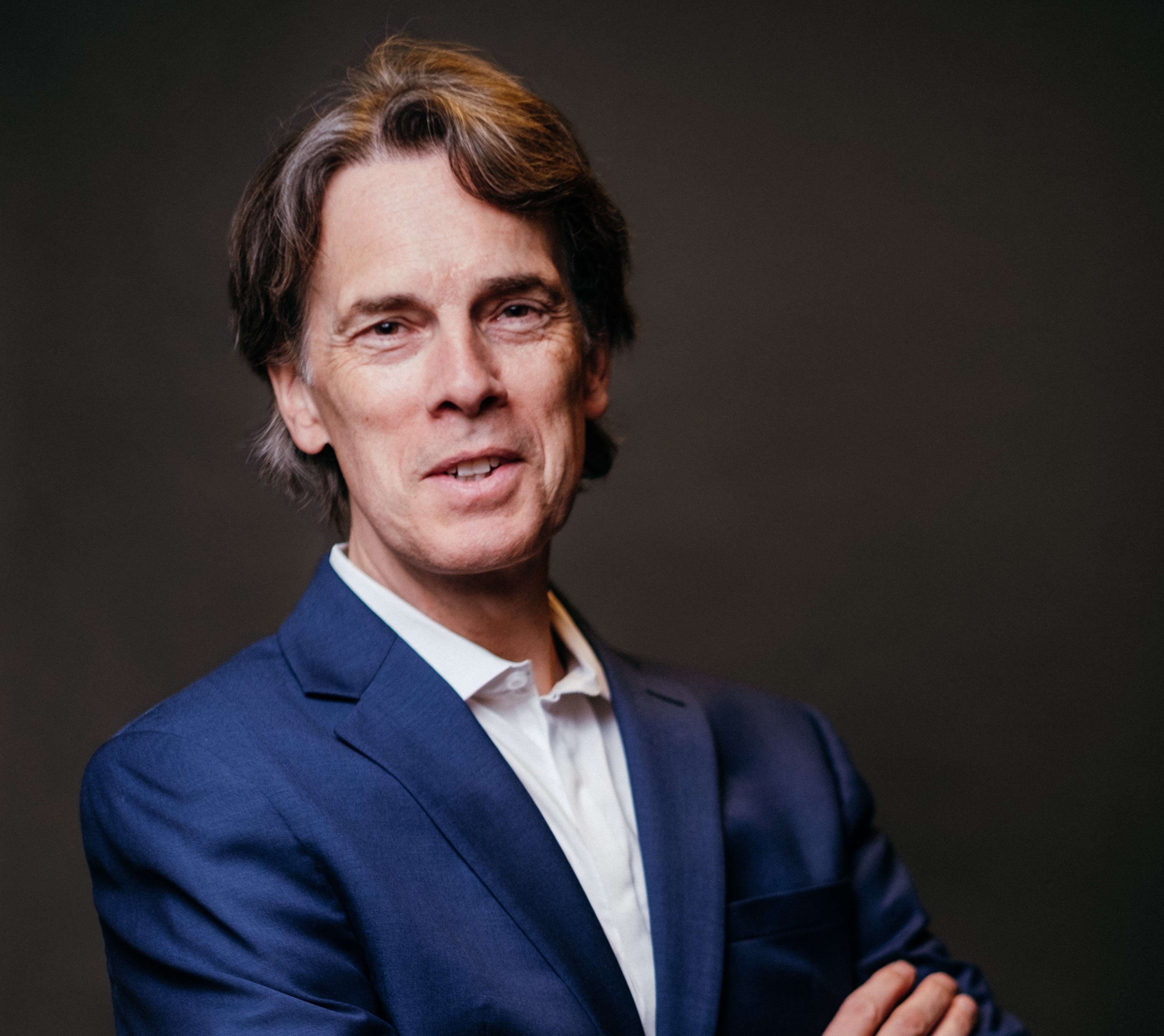About Prof. Stephen Hicks, host of Open College:
Stephen R. Hicks is a tenured Professor of Philosophy at Rockford University in Illinois, U.S.A., and prolific author of philosophical criticism, chief among them his 2004 work, ‘Explaining Postmodernism: Skepticism and Socialism from Rousseau to Foucault.’
‘Explaining Postmodernism,’ has earned Hicks some of his highest acclaim received thus far in his career, and has received praise from such prestigious figures as Prof. Jordan Peterson, who recommended ‘Explaining Postmodernism’ to anyone wanting to learn about the school of thought.
Hicks’ other works include ‘The Art of Reasoning: Readings for Logical Analysis,’ ‘Entrepreneurial Living,’ ‘Liberalism Pro and Con,’ and ‘Nietzsche and the Nazis,’ for which book he also received noteworthy acclaim. Also Forthcoming in 2021, ‘Eight Philosophies of Education,’ was co authored by Hicks.
On top of his work as an educator & author, Hicks is the Executive Director at the Center for Ethic and Entrepreneurship, and is a scholar with the Atlas Society.
Hicks began his ‘Open College’ podcast with The Possibly Correct Podcast Network in early 2018 to discuss and debate philosophical matters, economics and to discuss postmodernism and the impacts of that school of thought on contemporary society.
While Hicks sees postmodernism as a mostly expired ideology, he has become perturbed as he sees the ideology becoming more prominent in society in the last half-decade especially.
All Episodes
April 22, 2019
admin
Open College with Dr. Stephen Hicks
Should Christians be socialist and was C.S. Lewis a socialist? What are the basic themes and commitments that are common to all forms of christianity?
Clive Staples Lewis was a British writer and theologian. He held academic positions in English literature at both Oxford University and Cambridge University He is best known for his works of fiction, especially The Screwtape Letters, The Chronicles of Narnia, and The Space Trilogy and for his non-fiction Christian apologetics, such as Mere Christianity, Miracles and The Problem of Pain.
Dr. Stephen R.C. Hicks expands on many of the views, philosophy and influence of C.S. Lewis in this episodes of The Open College podcast.
March 20, 2019
admin
Open College with Dr. Stephen Hicks
Are reason and analysis under attack by scepticism? Why do post modernists focus on training and indoctrinating activist while ignoring some of the fundamental principals of education? If racial gender ethnic group conflict are the new principal of education what is the purpose of education?
March 1, 2019
admin
Open College with Dr. Stephen Hicks
Did Steve Jobs fail to adapt himself to the system, or did the school system fail to fit Steve Jobs? A Japanese team of investigators recently came to the United States to study its school system. Japan is a successful nation, prosperous and dynamic in many areas. But the team had a question: Why does our country have so few innovators?
February 20, 2019
admin
Open College with Dr. Stephen Hicks
Intellectual battles are the cognitive lifeblood of a healthy society. Life is complicated and the stakes are high, so thoughtful and passionate people have lots of arguments. Only by argument can we sort out the facts about complicated matters, however postmodernists seem not to fight by the same rules as the rest of society.
February 11, 2019
admin
Open College with Dr. Stephen Hicks
It can seem like entrepreneurs are a breed apart. But they’re not. All of us are born with the ability to take risks, think creatively and challenge the everyday way of doing things. That is to say, we’re all born with the entrepreneurial capacity.
January 23, 2019
admin
Open College with Dr. Stephen Hicks
The argument claims, Socialism is motivated by anti-rich, anti-success envy, and that’s simply an illegitimate motivation. The envy-charge against socialism is that it institutionalizes envy. How does this compare with liberal capitalist countries? Is there more or less potential for envy to flourish in a liberal capitalist society?
January 8, 2019
admin
Open College with Dr. Stephen Hicks
Bhopal is a city in central India, and late in 1984 chemicals in large quantities spilled out of an industrial plant there, killing, maiming, and damaging tens of thousands of people.
The long-term estimated death toll from the 1984 Bhopal disaster in India is about 16,000 people, making it the worst human-caused environmental disaster in history.
In the high-tech society we strive to be, it is essential that we learn the causes of disasters so that we can correct our mistakes. Technology lessens many of life’s risks, but handled badly it can add other serious risks.
January 2, 2019
admin
Open College with Dr. Stephen Hicks
The puzzle of envy and how it impacts our lives. Why does envy cause some of us to do destructive things? How do envy differ from jealousy?
December 18, 2018
admin
Open College with Dr. Stephen Hicks
Did government contribute to one of America’s greatest environmental disasters? What is eminent domain? Were any politicians or government officials prosecuted for criminal neglect?












